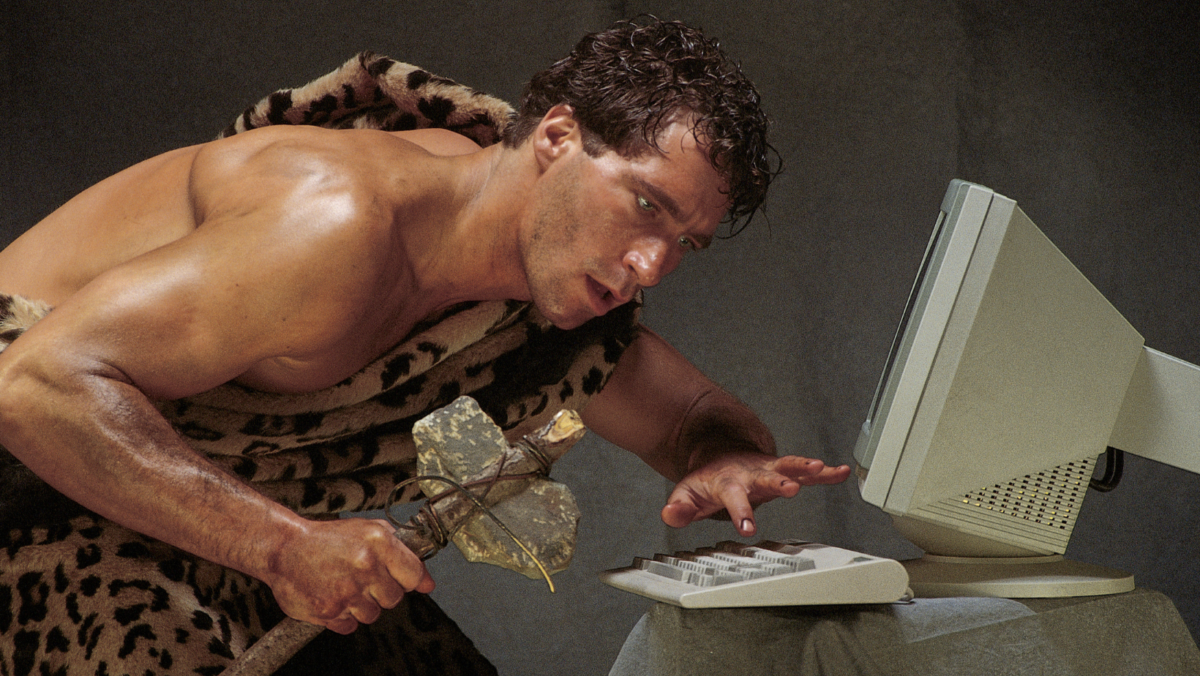Updated July 25th 2023
In ancient times, our ancestors had to engage in life-or-death battles against both wild animals and other humans merely to stay alive. Fortunately, the majority of us no longer face such dire circumstances. Nowadays, there are designated areas in the world such as safaris and zoos where we can choose to experience encounters with potentially threatening animals safely. As for our food, skilled individuals are responsible for preparing animals for consumption, and this processed meat is readily available in our grocery stores.
Regarding the act of taking someone else’s life for the sake of our own survival, it is disheartening to acknowledge that in certain regions of the world, this is still the case. People murder others in the name of land ownership and religion amongst other reasons. However, for the most part, the majority of us live in relatively safe and civilised societies where we ideally care for one another—or so it is commonly presumed.
Recently, numerous conversations with individuals employed across various levels of medium to large organisations have left me concerned. These discussions revealed distressing accounts of certain individuals or entire teams deliberately creating obstacles or failing to take necessary actions, thereby forcing others to shoulder heavier workloads or appear inadequate in front of their peers. Consequently, this causes undue stress among colleagues, and if not appropriately addressed, it could potentially lead to severe health issues such as strokes, heart attacks, and other adverse outcomes.
To what extent does this approach deviate from the core values and beliefs of the original founder/s of the respective companies? How distant is it from the organisation’s vision and mission? To what degree have the employees drifted away from the very purpose for which they were initially brought together? Why do some individuals feel entitled to come to work each day and get paid to make their colleagues’ lives more challenging? Shouldn’t we have progressed beyond such primitive behaviors of the past?
Is this phenomenon evident within your organisation? If so, in which areas is it manifesting? Are you turning a blind eye to its existence, or could you possibly be contributing to its occurrence? Perhaps it’s time to take responsibility for your actions and consider whether it’s necessary to challenge the behavior of those around you or modify your own actions for the better.
Is it time to become more conscious of the impact you are having on the future of yourself, others, and the place you work? Is it time to evolve and grow?
Are you ready?
